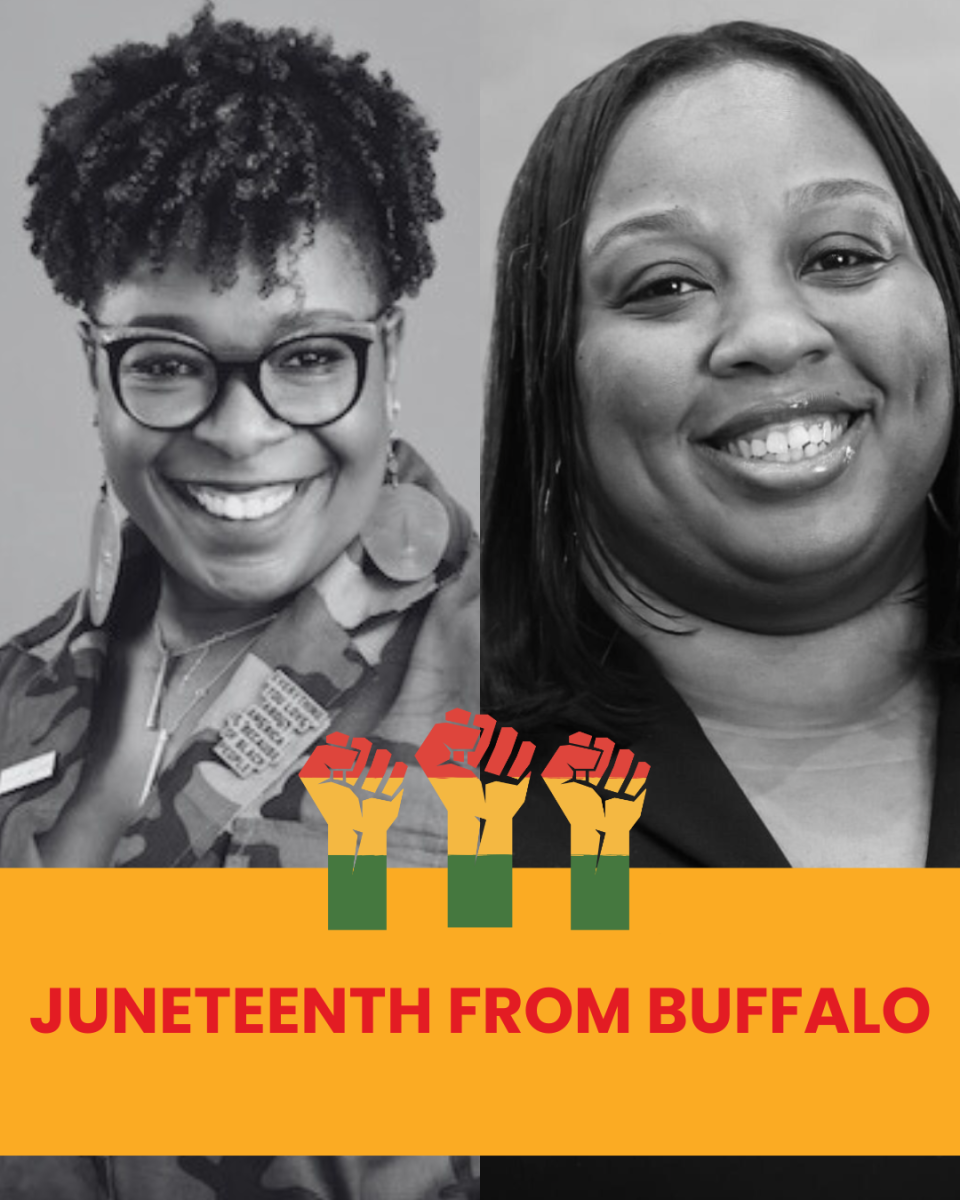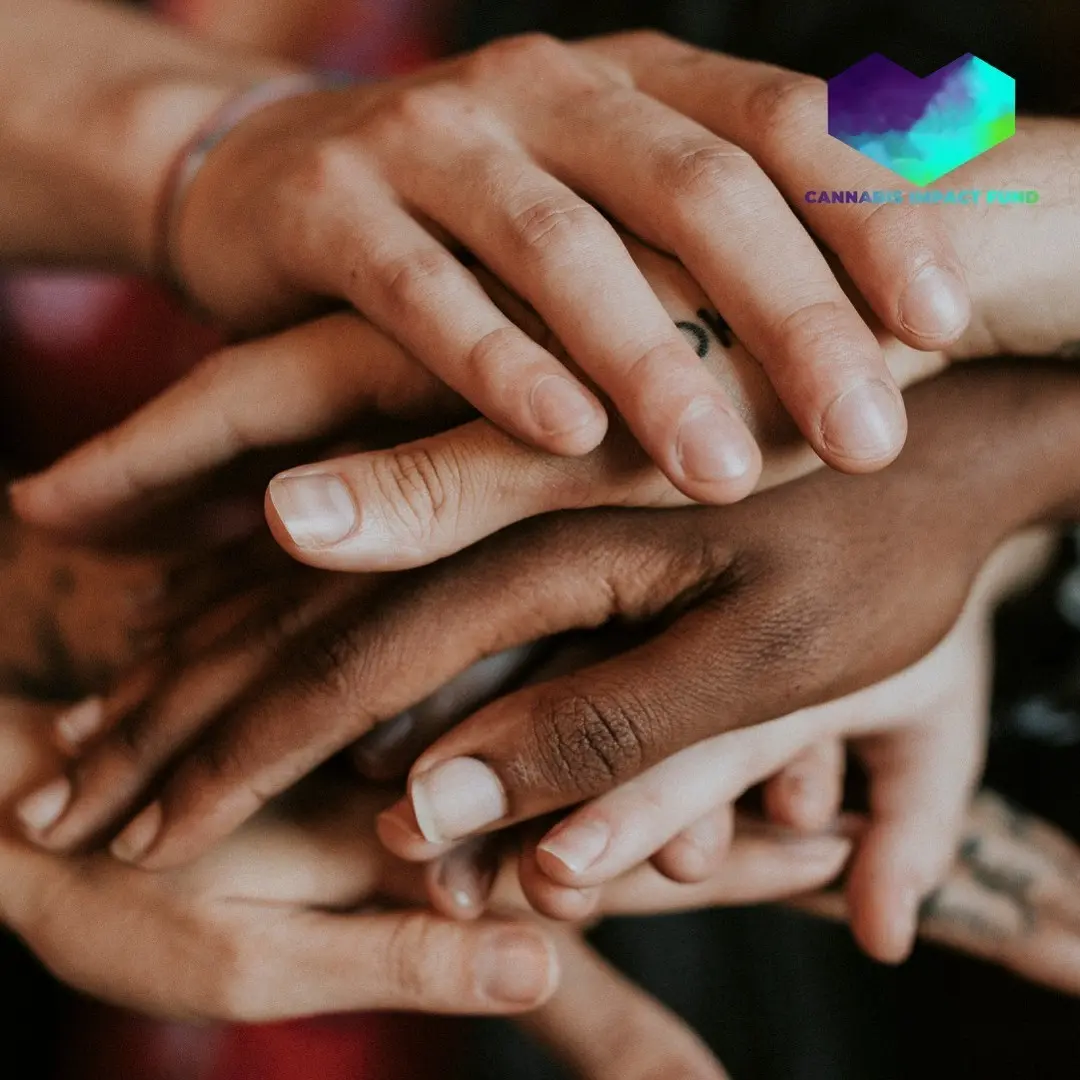I’m from the East Side of Buffalo, New York. An area known as Coldspring to be exact. Because of our proximity to Canada and waterways such as the Niagara River, my city was a crucial station and destination for those who were escaping the violent system of slavery. For those on that midnight train to freedom one could say that the city of Buffalo was a light at the end of a long journey. And that light would continue to shine, illuminating a historical moment that for as long as I can remember was a staple in my life but was only federally recognized and signed into law as a holiday in 2021. And we should note, this is the first federally recognized holiday pertaining to the African American experience in this country since MLK Day in 1983.
Juneteenth National Independence Day is celebrated on June 19th. It marks the day when all who had been enslaved learned that with the signing of the Emancipation Proclamation, they were in fact freed. Imagine life altering information intentionally being kept from you. Imagine not being able to enjoy a reality that others are making their way in. Imagine the anguish. In the state of Texas between January 1, 1863 and June 18, 1865, freedom was denied. Free labor continued to be enjoyed. Black people continued to be exploited and abused. A wrong continued as if it were right. So as a people, we chose to mark the day in efforts to ensure that its significance would not be lost.
1976 was the year Buffalo officially launched its own Juneteenth festival and started a tradition of uplifting community through the arts. I left Buffalo in 2007 relocating to New Orleans, Louisiana and was surprised that with all of the celebrating the city is known for, this remembrance was not included. And to be clear, no shade because New Orleans was not the only one. We continue to battle for African American history to be properly represented in text. We continue to see the ways in which gatekeeping manifests and even with so much information being at our fingertips, sometimes you don’t know what you don’t know.
I had an opportunity to chop it up with a childhood friend, Makeda Holley, who is the newly appointed President and CEO of the Greater Miami Urban League.
Thank you for being here, take a look inside our conversation.
First congratulations on your new position!
What are you most excited about for your new role?
Thank you! I am so excited for this new journey! I am excited most to continue the ideals behind what the Urban League stands for and to continue empowering communities and changing lives. I tell people all the time that we are in the business of building self advocates but also pouring into the community. So to be appointed in this role is a blessing that I do not take for granted. I am excited to join a new community and really become embedded within it to elicit change and growth.
What does Juneteenth mean to you?
So as you stated earlier, growing up in Buffalo, NY, Juneteenth was something that was so profound. When I moved to other cities I was stunned about how small the celebration was or lack of knowledge to most. Juneteenth to me means freedom but also delayed freedom. For enslaved ancestors to hear about their freedom two years after the Emancipation Proclamation should’ve never occurred. I also think we see this now, we see people of African descent with the degrees, experience(s), and many other attributes, but we’re working twice as hard for the freedoms of life.
Earliest or most fondest memory?
My parents have owned a Black owned bookstore that speaks to the experiences of African and African American people for over 50 years in Western New York. So being at Juneteenth walking around, working their table and performing has always been great memories. I have studied and performed West African dance for over 35 years so the rush of getting on the stage and telling a story through dance and song has always been exhilarating. I can also remember every year on the 4th of July my mother making us read the Frederick Douglas speech “What to the slave is the 4th of July?” and being intentional that our independence is June 19th. This time has been a celebration, almost a family reunion to really connect with family and friends.
You’ve moved around a bit. Has it been celebrated in all places?
Absolutely not! Lol. What’s the saying? “Different strokes for different folks?” The scale that Buffalo does Juneteenth is something different and it’s special; almost a best kept secret. When you tell people they almost don’t believe you until you send pictures and videos and they’re still like “this is Buffalo?” I enjoy when it’s not because it gives the chance to educate on the celebration and especially in these times it’s important to teach so it’s not forgotten or erased. As millennials, it’s now our job to be the griots (storytellers) of our history for the next generation.
When you think of the significance of the day…of some being the last to know or knowing and waiting what comes up for you?
Delayed but never denied is the first thought that comes to my mind. Also, the thought of resiliency…two whole years to indulge in freedom. Our ancestors endured so much that is admirable but also scary. I think of the continuation of their stories, the speaking of their names, the ideal that we must not forget, and taking that resilience in every move that I make… unapologetically. We are truly in unprecedented times so really calling on those ancestors for encouragement and to truly live in this space of audacity. Audacity to fight. Audacity to live. Audacity to be.
Thank you, Makeda.
And here we are again, living within a fractured existence. While many explore and enjoy the fruits of the burgeoning regulated cannabis space inclusive of investing, entrepreneurship, consumption, medical care, there are many others shut out and experiencing the industry behind a veil. Outside of the obvious and most thought of being those who are serving time behind bars there are many suffering in silence dealing with the residual impact of decades of prohibition. Because of cannabis’ federal standing as an illegal controlled substance, effects can be felt in housing, education, and employment. And it is because of its reach that we have to raise it as a priority issue. Cannabis is not just an issue of business it is an issue of freedom. As Ms. Holley shared, we may be delayed but we will not be denied.


